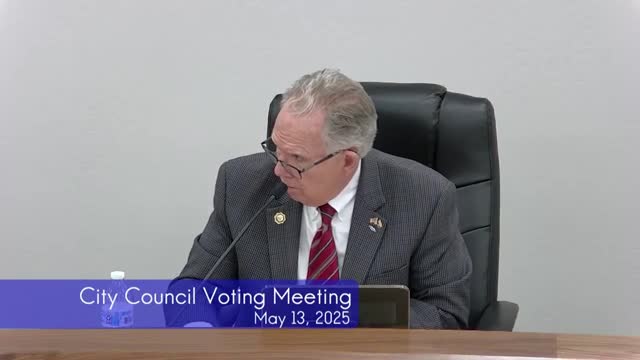Article not found
This article is no longer available. But don't worry—we've gathered other articles that discuss the same topic.
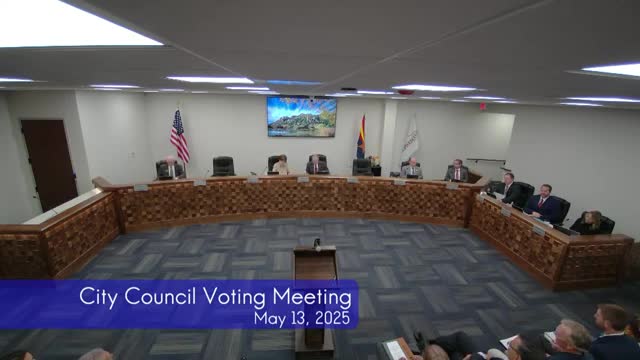
Yavapai College outlines growth, local workforce ties in annual update to council
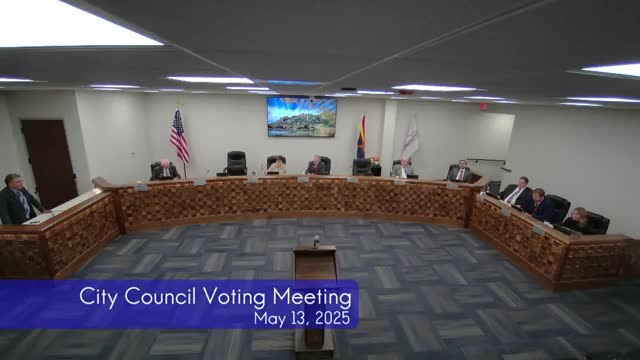
Council updates water-management policy to flag hazardous materials and stormwater controls
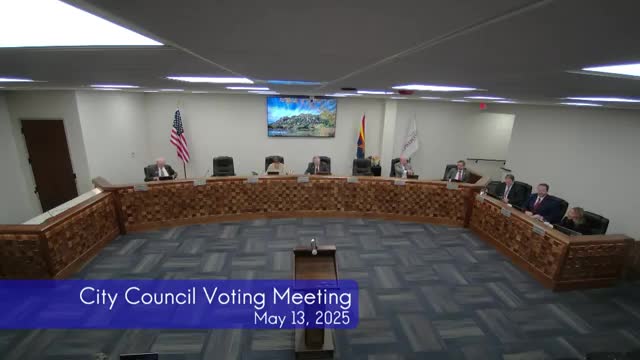
Council approves rezoning and water service for Marina Street apartment project
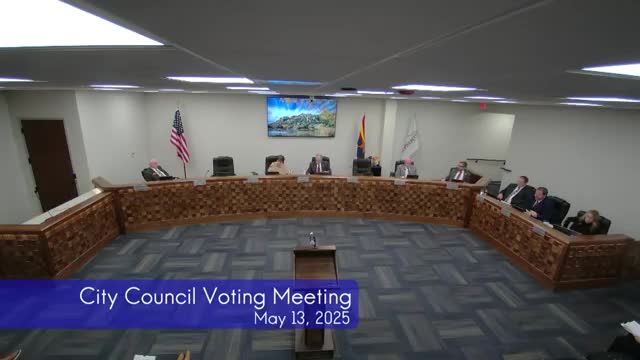
Council recommends approval of Kwik Trip beer-and-wine license despite neighborhood protest
